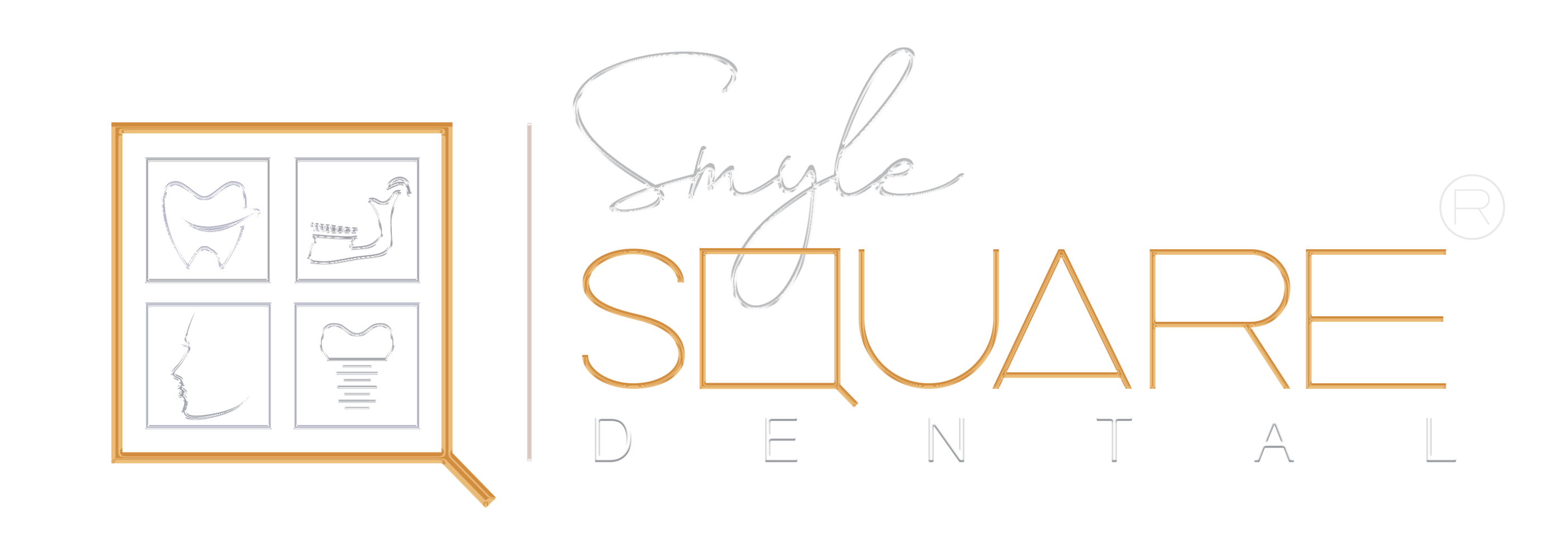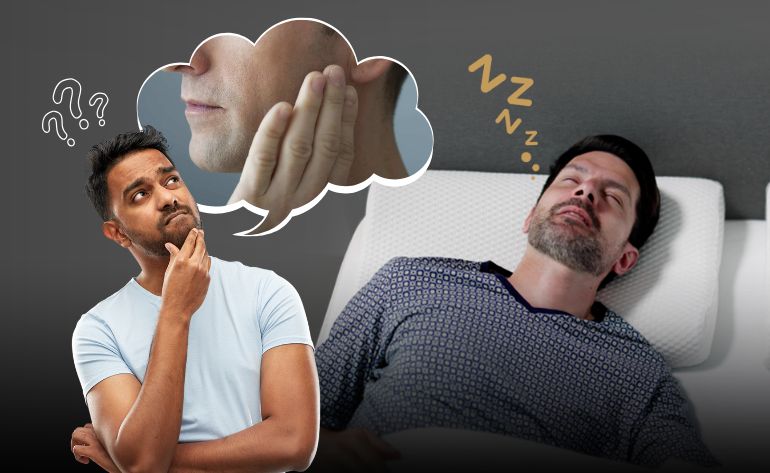Do you wake up feeling like you ran a marathon in your sleep? Or maybe your partner’s complaints about your snoring are starting to add up? If any of this sounds familiar, you’re not alone. Sleep apnea—a condition that disrupts breathing during sleep—affects millions of people and can lead to groggy mornings, daytime sleepiness, and even more serious health risks if left unchecked. But did you know that your jaw position might be a hidden factor in all this? Jaw positioning plays a big role in breathing and, potentially, in sleep apnea relief.
The Jaw-Sleep Connection
The position of your jaw directly affects how well air flows through your airway when you sleep. When the jaw falls back during sleep, it can put pressure on the airway, narrowing it and making breathing more difficult. This is particularly true for those with obstructive sleep apnea (OSA), the most common type of sleep apnea, where relaxed throat muscles and soft tissues block the airway. Essentially, when the jaw is positioned incorrectly, it’s like a roadblock for airflow, causing those frequent sleep interruptions and loud snoring.
Neuromuscular Dentistry to the Rescue
So, how can jaw positioning help?
Neuromuscular dentistry focuses on aligning the jaw to ensure it rests in an optimal position, which can keep the airway open. By using custom-fitted oral appliances or jaw repositioning treatments, neuromuscular dentists can create more space for breathing. Think of it as creating the smoothest path possible for air to flow freely while you sleep, without the roadblocks that trigger snoring and sleep apnea.
Neuromuscular dentistry could be a key approach in this situation. This method doesn’t just address symptoms; it goes to the root of the problem by aligning the jaw for better airflow.
Key Benefits of Jaw Repositioning for Sleep Apnea
Wondering if jaw positioning could help ease your sleep apnea symptoms? Here’s how it can make a difference:
1. Improved Airflow
By adjusting the jaw to keep it from collapsing backward, the airway remains clear, reducing the risk of blockages. Improved airflow means better breathing patterns, less snoring, and fewer sleep interruptions.
2. Non-Invasive Treatment
Jaw-positioning treatments are non-invasive compared to surgeries or devices like CPAP machines. For many people, wearing a custom-fitted oral appliance can make a real difference without requiring drastic measures.
3. Better Overall Sleep Quality
With proper jaw alignment, you’re likely to experience more restful sleep. Reducing sleep apnea episodes allows you to stay in deeper sleep stages longer, leaving you more refreshed the next day.
4. Reduced Strain on Jaw Muscles
When the jaw is properly positioned, it minimizes muscle tension around the jaw and neck, which can help with TMJ (temporomandibular joint) issues as well. So, if you’re dealing with both jaw pain and sleep apnea, jaw repositioning could be a double win.
Exploring Your Options with Neuromuscular Dentistry
For those battling sleep apnea, visiting a neuromuscular dentist could be the turning point. Your dentist may recommend a custom oral appliance that gently adjusts the jaw to keep your airway open. These appliances are comfortable, adjustable, and effective for many patients, providing a practical solution without the bulk or discomfort of a CPAP machine.
It’s worth noting that while jaw positioning can greatly benefit many sleep apnea sufferers, it’s not one solution for all. For some, it’s best used alongside other treatments, like lifestyle changes or weight management. But if you’ve been looking for Sleep Apnea treatment that goes beyond the usual options, neuromuscular dentistry is an approach that prioritizes comfort, alignment, and long-term improvement.
A Path to Better Sleep
Getting better sleep with fewer interruptions doesn’t have to feel like a far-off dream. By addressing jaw alignment through neuromuscular dentistry, you may find a powerful, non-invasive way to reduce sleep apnea symptoms and improve your rest.
If you’re tired of waking up exhausted or dealing with jaw pain that could be tied to your sleep issues, book an appointment with our expert to learn more about sleep apnea treatment in Pune.



